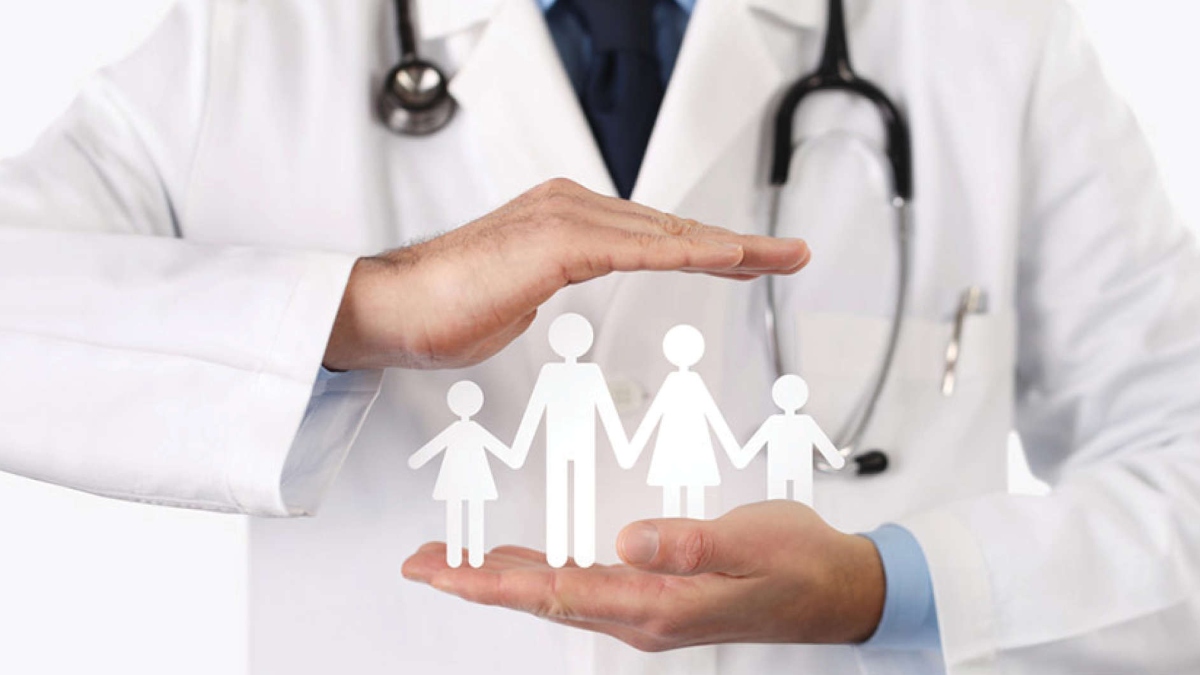


Automation, digitalisation, and technological enablement are having a significant impact on various industries. There is no exception in the healthcare sector. India’s system for delivering healthcare is evolving and poised to take a significant step ahead.
The epidemic has demonstrated that by using tech-enabled business models that put data at the center, healthcare organisations can become creative, adaptable, and resilient. Additionally, healthcare organisations are quickly realising that no matter how technically advanced their services or products are, they will no longer be useful. To produce not only an enhanced product or service but also a better healthcare experience, it is imperative to engage with users throughout the healthcare value chain, be they patients or physicians.
Fortunately, technological advancements have sped up the transformation process needed for Indian healthcare to become digitally connected and shown promise for improving patients’ healthcare experiences.
HEALTHCARE INNOVATIONS CREATING THE FUTURE ROADMAP
India has already begun developing a national digital framework to create a digital health ecosystem on a national scale. The market for digital healthcare in India was estimated to be worth INR 116.61 billion in 2018 and is projected to reach INR 485.43 billion by 2024, growing at a CAGR of 27.41 percent. The adoption of electronic health records for the entire population is one of the various steps made in that regard. Healthcare organisations are swiftly embracing innovative technologies to improve the delivery of care in the nation and have a beneficial effect on the healthcare ecosystem to address the problems that continue to plague the nation’s healthcare system. The following are some of the cutting-edge technologies that are substantially changing things:
ARTIFICIAL INTELLIGENCE
As a result of current decisions, AI and Machine Learning (ML) are enabling computerised representations of the human body’s physiology to forecast the possibility of chronic illness progression. Healthcare professionals are better able to comprehend options and therapies, as well as their effects on patient health outcomes and influence on related expenditures, thanks to these simulations. Additionally, AI is helping healthcare professionals manage diseases holistically, better coordinate care plans, and help patients manage and adhere to their treatment regimens. Additionally, reports indicate that administrative expenses account for 30% of healthcare costs. The majority of these activities, such as keeping track of bills that need to be paid and maintaining records, can be automated with the use of AI, immensely cutting expenses.
CLOUD COMPUTING
The collaboration between physicians, nurses, and departments has grown crucial as healthcare organisations across the nation transition to value-based care. Thanks to cloud computing, getting access to patient records has gone from being a sluggish and laborious procedure to one that is quick and easy. Information may be accessed at any time, from any location, thanks to central data storage made possible by cloud computing. In addition, cloud infrastructure gives users the freedom to adjust the storage of health data dependent on the volume of new patients. IoT-enabled devices are currently offered to patients by several healthcare providers, and by connecting these devices to a healthcare provider’s cloud system, patient data may be swiftly delivered right to the doctor. Faster diagnosis and improved care are made possible by this.
5G CONNECTIVITY
Every aspect of healthcare might be improved by 5G connectivity, especially since the healthcare sector is still recovering from the pandemic’s consequences.
Large data files can be transmitted across a fast network, and real-time, high-definition video can be used for telemedicine appointments. With the use of 5G, patients can access healthcare professionals more quickly and in places where they are not already present.
The author is CIO, Paras Healthcare.